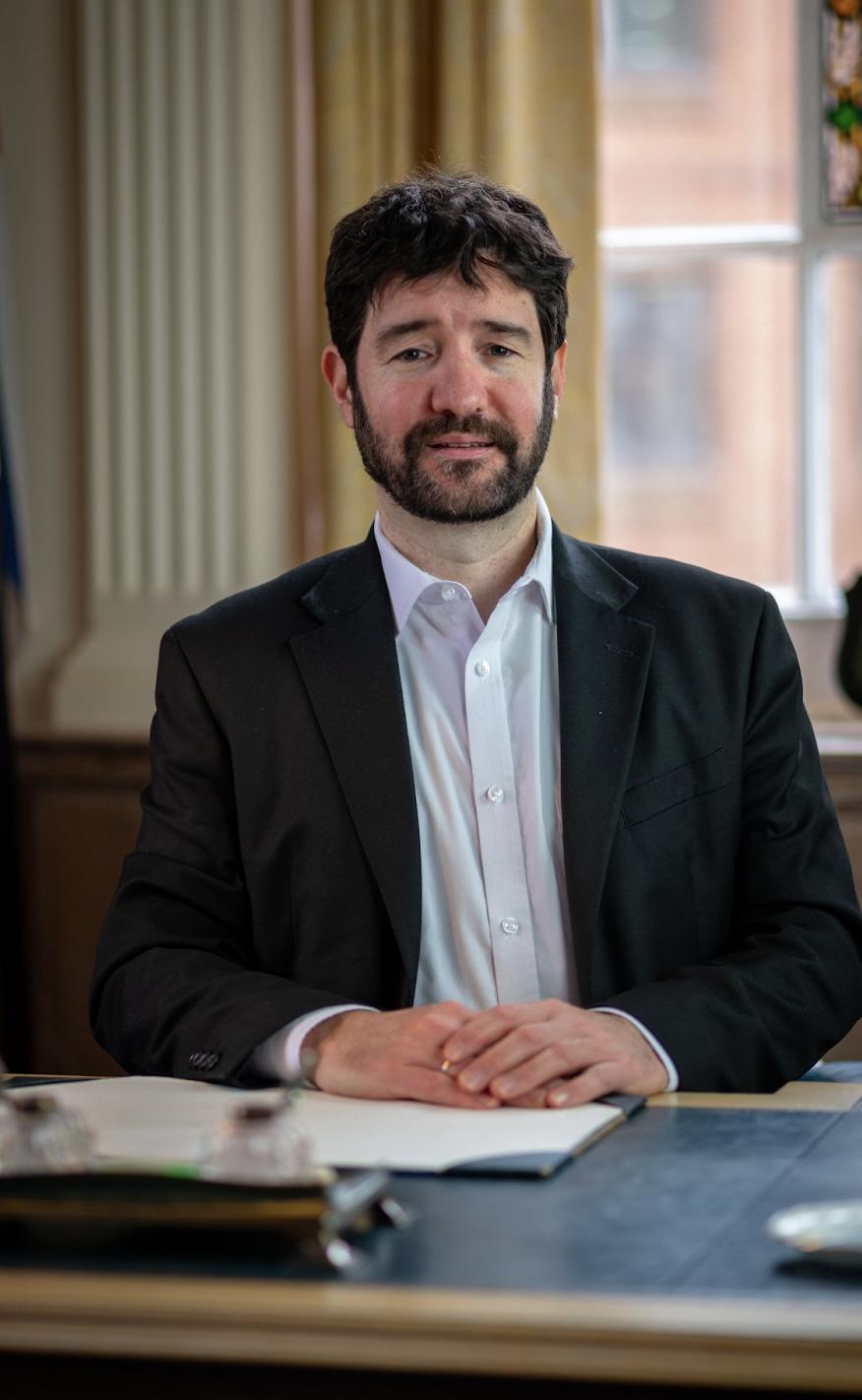Leader of Kingston Council urges Chancellor to extend Household Support Fund for vulnerable families

Councillor Andreas Kirsch has written to the Chancellor Jeremy Hunt MP urging him to extend the Household Support Fund for another year, to help struggling families.
Following the Chancellor’s commitment in Parliament that the fund would be continued, Councillor Kirsch asked for confirmation that money would be made available for local authorities to distribute to vulnerable households. He said local authorities needed as much notice as possible to enable effective planning.
Councillor Kirsch said:
“I urge you to meet this commitment made in Parliament and provide councils with confirmation of a Household Support Fund, or suitable equivalent funding, to be provided in 2024/25. As much notice as possible regarding the fund will enable effective planning and setting up of policies and processes, allowing us to achieve maximum benefits and value for money.”
The Covid pandemic and the current cost-of-living crisis have impacted Kingston residents’ financial resilience, and the colder winter months have compounded the difficulties facing households. The council’s recent Cost of Living Survey highlighted the impact of these pressures locally, Councillor Kirsch explained.
Kingston Council is on track to spend its full Household Support Fund allocation of £1.7 million to help residents who are struggling to afford essentials such as food, heating and fuel. This has included supporting the local voluntary sector, for example, providing grants to organisations working to improve resilience through initiatives such as establishing a community kitchen and replacing old inefficient household boilers.
The Kingston Council Leader said continued funding for 2024/25 would enable the borough to maintain its longer-term, targeted approach to provide sustainable solutions for residents - such as a wider rollout of energy efficiency measures for households and further community kitchens. This would help create resilience in communities and reduce the future need for crisis interventions, he said.
